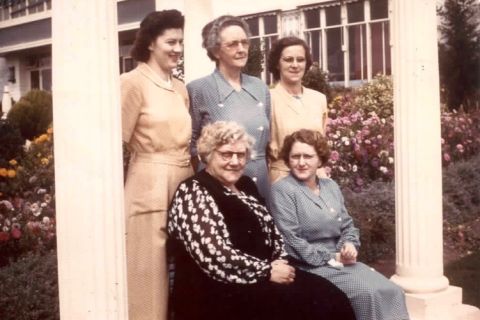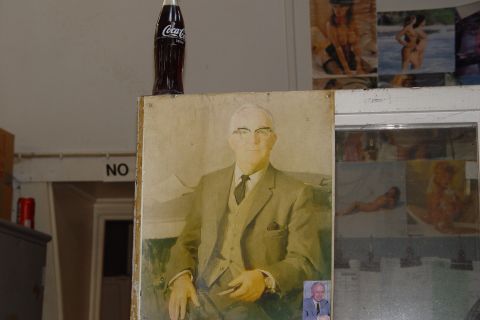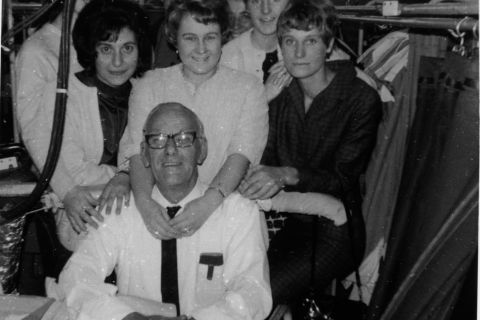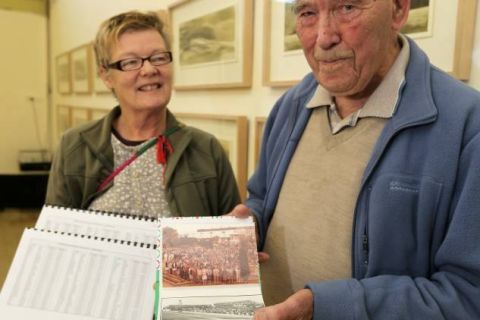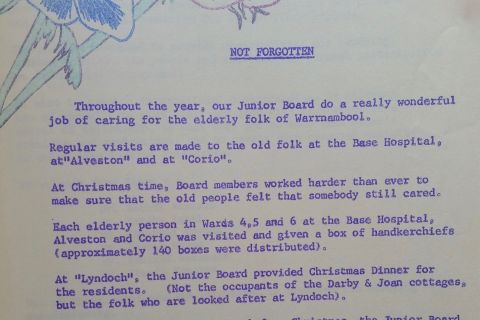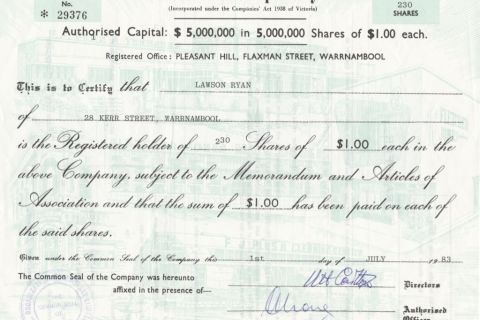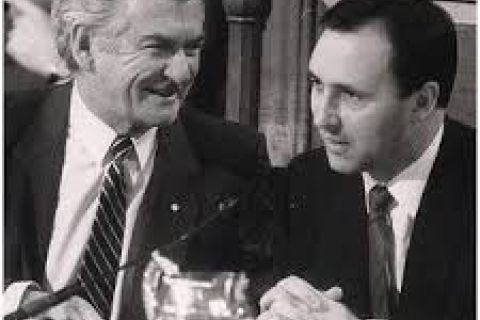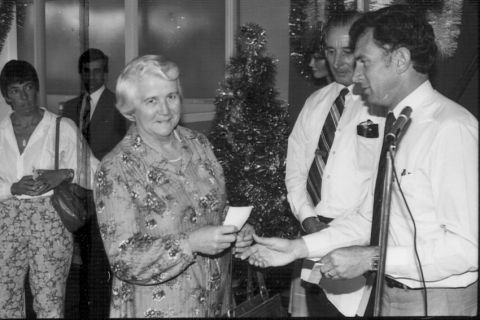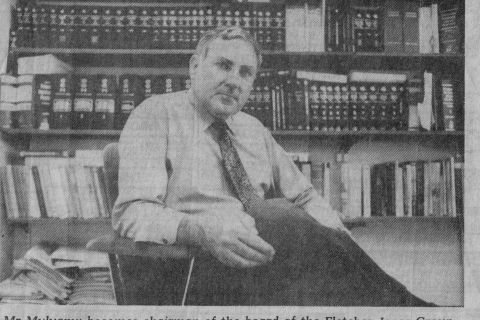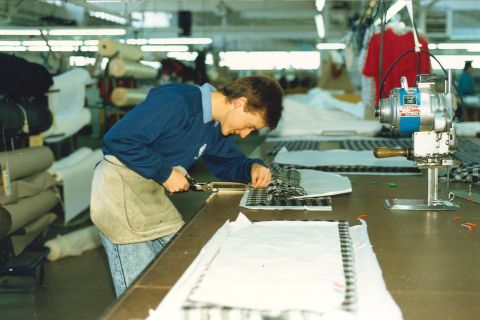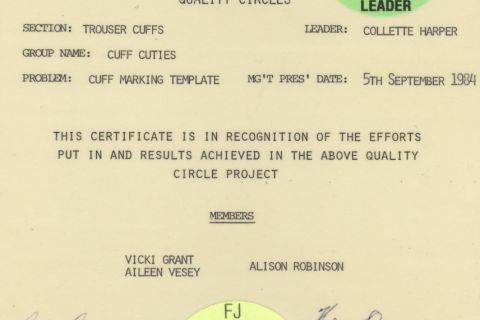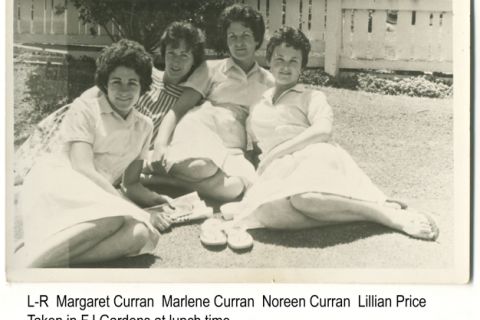Fletcher Jones was interested in the writing of Dr. Toyohiko Kagawa – a labour leader & social reformer in the Japanese co-operative movement. When Kagawa visited Australia in 1934, Fletcher Jones persuaded him to visit Warrnambool where he gave a series of lectures. In 1936, Fletcher Jones went to Japan for five months to visit Kagawa’s cooperative and social service projects. On his return FJ decided to turn his company into a staff co-operative. Two of the principles were staff share in ownership and maximum consultation between staff and management.
The name, Fletcher Jones and Staff Pty Ltd, first came into use in 1947 with five basic objectives. A year or two later a sixth objective was added.
- To set an example in lifting the quality of Australian made clothing.
- To eliminate unnecessary expense of made-to-measure garments by developing a scientifically designed range of fractional fittings.
- To develop a more efficient means for distribution - using a standard monetary retail markup rather than a percentage and avoiding the use of percentages for the cost components in pricing - the elimination of the middle man and the avoidance of high cost credit selling by an inflexible 'cash only' policy.
- Management by consultation.
- Staff co-operative ownership.
- An effective after sales service on a non-profit basis.
Fletcher Jones employees had a voice in how the business operated and as shareholders, the chance to share in the financial profits. Fletcher Jones and Staff started with the aim that the staff should acquire a one-third interest in the business - gradually this percentage increased to over 75% of the shares in the company owned by employees & former employees with the remainder owned by the Jones family. Shares were sold to staff at their nominal value and could be traded only at this value. If a staff member left the company before retirement age, they had to sell their shares back to a nominee of the company. Retired employees could keep their shares during their lifetime or leave them to their spouse. Apart from the nominal dividend on shares, the company each year distributed part of its dividend as a bonus to enable staff to buy additional shares.
Neil Symons was the local solicitor that FJ approached in 1947 to help in setting up the business structure for his profit sharing company, FJ & Staff Pty.Ltd. Neil promptly told FJ that "he didn't need a business advisor, he needed a psychiatrist." However, FJ's dream was so infectious than not only did Neil Symons set up the new business - he left his job and went to work for FJ! He described the profit sharing policy as a conscious attempt to establish a bridgehead between capitalism and socialsim.














